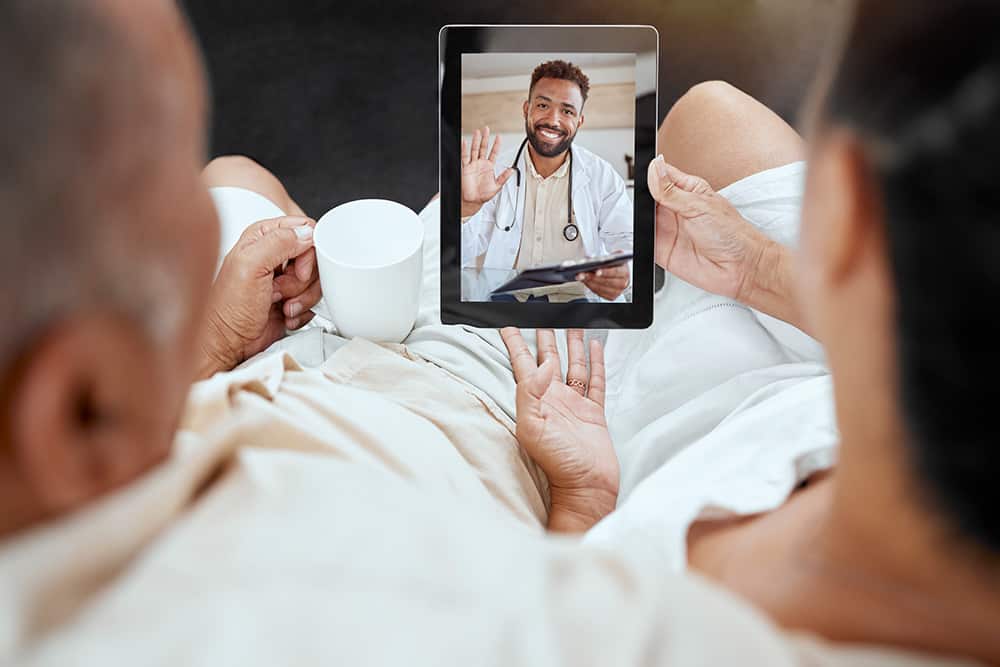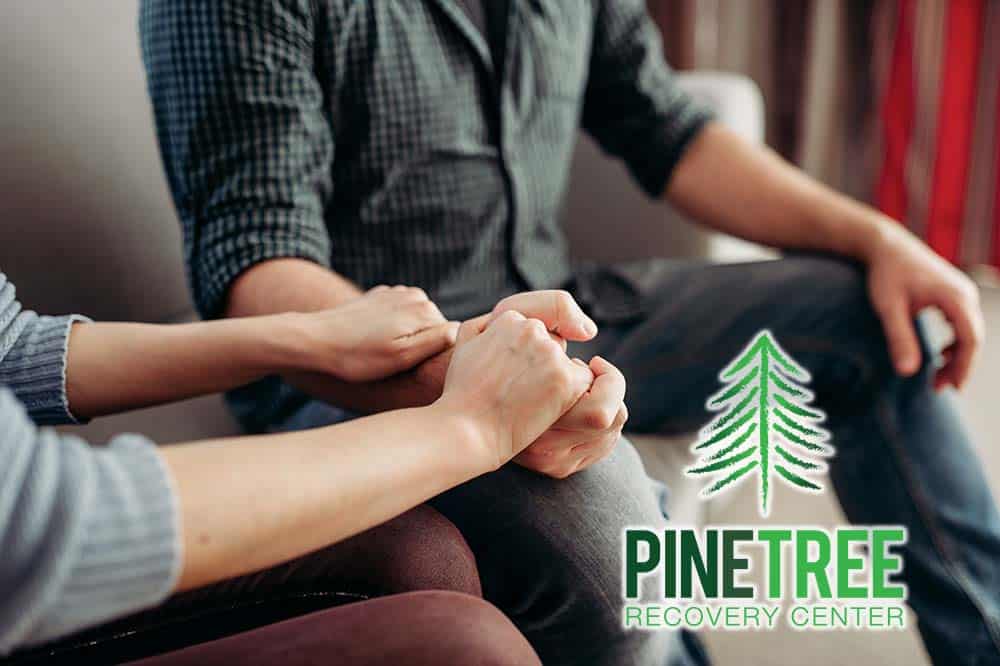A Closer Look at Opioid Addiction
The Centers for Disease Control and Prevention reported that drug overdose-related deaths had more than quadrupled from 1999 to 2018. Over 70 percent of the 67,367 fatalities throughout the US during that year were directly attributed to opioids. From 1999 to 2018, over 400,000 innocent men and women lost their lives to opioid overdose. The American Society of Addiction Medicine reported that in 2015, over 20.5 million Americans over the age of 12 struggled with a substance abuse disorder of some kind. Out of these 20.5 million, over 2 million struggled with prescription painkiller abuse and 591,000 struggled with heroin abuse and addiction. Clearly, the opioid epidemic has been a serious national health crisis for quite some time. The sad truth of the matter is that even though opioid addiction treatment services are readily available, only a very small percentage of those who struggle with an opioid addiction will seek the professional help they need. The low treatment rates contribute to the high overdose rates, seeing as those who seek treatment have a far less significant risk of overdose-related death than those who do not.
Opioid Addiction Recovery
Why do those who need help avoid seeking it? For a number of reasons. Perhaps they feel as if they are not quite ready to stop, or they are unaware that so many accessible resources are available. At Pine Tree Recovery Center, we believe that quality clinical care should be available to all those who need it. If you are struggling with an opioid addiction and you need help to quit, give us a call and we will work with you to identify and explore all viable treatment options. If you are in addiction recovery, you have already done the hardest work! The truth is, the hardest part of the entire recovery process is asking for help. Once you ask for help and enter treatment, things will continue getting easier and easier. Of course, you are still liable to run into a rough patch from time to time. This is why staying positive during opioid addiction recovery is so important. If you keep a positive attitude and stay grateful, you will be able to successfully jump over every hurdle with grace. This is not to say that people don’t feel down from time to time – the occasional feelings of sadness are completely normal and expected. What is important is that you’re able to pull yourself out of any slump with ease. We have compiled a list of 10 tips to help you stay positive no matter what your current circumstances.
10 Tips to Stay Positive
1) Develop and maintain healthy and supportive relationships with other men and women in recovery – One of the best ways to stay positive is to call up someone you know and trust as soon as you start to feel blue. Talking openly about your emotions and your experiences is truly the best defense against lingering sadness (and doing so is also a great defense against relapse).
2) Be sure to take care of your physical health and well-being as well as your spiritual, mental and emotional health – In inpatient treatment, you will inevitably do quite a lot of work on your emotional and mental well-being. It is important that you stay on top of your physical health, too. Exercise on a daily basis, even if that means just taking a walk around the block. Make sure you are eating three balanced, nutritious meals every day. Try learning to cook for yourself – not only is this a fun new hobby, it will help build self-esteem and healthy eating habits (no, making a gallon of macaroni and cheese every night does not count). Get as close to eight hours of sleep as you can. Stick to a routine, and you’ll develop healthy habits that will benefit you and bolster positivity in the long-run.
3) Set achievable personal goals – goals that you can tackle every day or every week – These goals could be as simple as making your bed every morning and calling your sponsor every evening. Make sure the goals are attainable. Every time you reach a goal you will start to feel better about yourself.
Our Drug & Alcohol Detox Services Include
4) Give back to others whenever you have the chance – One of the best ways to stay positive is to give back to your community and to other people as much as you can, whether that means volunteering to greet at a Narcotics Anonymous meeting or serving up hot lunch at a local soup kitchen. Volunteer work will help put things in perspective while making you feel better about yourself and helping you get out of your head.
5) Remember that your worst day sober is better than your best day using opioids – No matter what is going on in your life, think back to your worst day while you were using drugs. Chances are there will be absolutely no comparison.
6) Write a daily gratitude list – At Pine Tree Recovery Center, we encourage our clients to write daily gratitude lists including at least several things that they are grateful for. Gratitude does not generally come naturally to those who have endured the emotional devastation of opioid abuse – gratitude is a life skill/coping mechanism that must be learned.
7) Stay present – If you catch yourself dwelling on the negative, try to bring yourself back to the present moment. This can be achieved through a daily practice of mindfulness meditation, which a coping skill that Pine Tree Recovery Center teaches to each of its clients.
Ready To Begin Your Drug & Alcohol Detox?
We Offer A Safe & Effective Program
Don’t let Drug & Alcohol addiction control your life.
Call us today and let’s get you started on the path to a better you.
8) Find some hobbies that you thoroughly enjoy – One of the most beautiful gifts of early recovery is the ability to find out who you are and what you enjoy. Take advantage of this opportunity and allow yourself time to explore new hobbies and activities. Take a pottery class or join a dodgeball team; go surfing or scuba diving, or take a pickling class. The opportunities are truly endless.
9) Spend time outside – There are few things more effective at calming the nerves and regaining a positive perspective than taking a long walk outside.
10) Clean up your space – It has been repeatedly proven that a clean personal space is more conducive to happiness. While you were active in your addiction, you probably didn’t keep your room too tidy. Focus on keeping your personal space in order because doing so is conducive to mental health. Decorate the way you want – go to a thrift store and find some fun art. Take pride in your personal space!
Begin Healing Now!
Have A Call With One Of Our Treatment Advisors
Don’t Suffer Any Longer
Pine Tree Recovery’s Commitment to Opioid Addiction Recovery
At Pine Tree Recovery Center, we believe in the power of positive thought. We work hard to instill each of our clients with the coping skills they need to pull themselves out of negative thinking patterns and consistently look on the bright side of life. Staying grateful is also key, and we encourage our clients to get into the practice of writing daily gratitude lists (which will sometimes be shared in a group setting to keep clients accountable). If you have been in recovery for opioid addiction for any length of time, staying in a healthy mindset is absolutely key to relapse prevention. If you have tried the above-listed tips and you still find yourself in slumps more often than not, reach out to our staff members for additional resources. And if you are still struggling with active opioid addiction, reach out today to learn more about our program of opioid addiction recovery.

Reviewed for accuracy by:
Randi Bruneau
LCSW, LADC, CCS
Randi is a Licensed Clinical Social Worker and Licensed Alcohol and Drug Counselor and Supervisor who has over 20 years of experience in the field of mental health and addictions. She has worked in both clinical and administrative leadership roles and also has extensive career experience in gender specific trauma treatment, crisis intervention, structural family work and substance use disorder treatment and supervision.






















